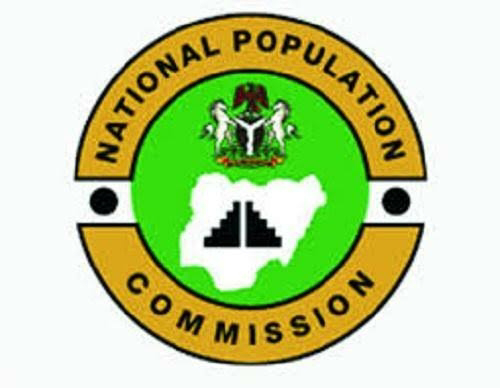Introduction
The statement of the 35-year-old Burkina Faso military president captures the perplexing reality of Africa's current situation. The continent is blessed with vast natural resources, yet it remains burdened by widespread poverty. This article delves into the historical context, underlying factors, and potential solutions to the puzzle of how Africa, with so much wealth, has become the poorest continent in the world today.
1. Historical Legacies
To comprehend Africa's current predicament, we must acknowledge the historical legacies that continue to impact the continent's development. Centuries of colonization and exploitation left deep scars on Africa, siphoning its resources and disrupting local economies. Post-independence, some newly formed governments faced internal conflicts, political instability, and mismanagement of resources, further exacerbating economic disparities.
2. Resource Curse
Ironically, Africa's vast wealth in natural resources, including oil, minerals, and agricultural lands, has also been a curse. The resource curse refers to the phenomenology where resource-rich countries often struggle to translate their wealth into sustainable economic growth and development. Mismanagement, corruption, and over reliance on a single commodity have hindered diversification and stifled economic progress.
3. Lack of Infrastructural Development
The inadequate development of infrastructure has been a significant impediment to Africa's growth. Insufficient roads, ports, and electricity grids have hindered trade, investment, and access to markets. Without proper infrastructure, the continent's potential to leverage its resources for economic development remains constrained.
4. Education and Skills Gap
Another crucial aspect is the lack of quality education and skills development. Without a well-educated and skilled workforce, Africa struggles to compete globally and innovate. A lack of investment in education perpetuates a cycle of poverty and hinders the continent's ability to build a competitive knowledge-based economy.
5. Debt Burden
Many African countries are grappling with substantial external debt, accumulated through loans from international organizations and bilateral agreements. High debt burdens divert resources away from critical social and economic development projects, hindering progress and perpetuating poverty.
6. Political Instability and Conflict
Persistent political instability and armed conflicts in some African countries have devastated economies, displaced populations, and disrupted development efforts. The lack of stable governance and institutions hinders the implementation of long-term strategies for poverty reduction and sustainable development.
Potential Solutions
1. Transparent Governance and Anti-Corruption Measures
Promoting transparent governance and implementing robust anti-corruption measures are fundamental to utilizing Africa's resources effectively. Accountability and responsible resource management will foster an environment conducive to sustainable development.
2. Economic Diversification
Encouraging economic diversification away from a single commodity-driven economy will help mitigate the resource curse. Investing in non-resource sectors like agriculture, manufacturing, technology, and services will create more resilient economies.
3. Investment in Infrastructure and Education
Prioritizing investments in infrastructure, education, and skills development will strengthen human capital and stimulate economic growth. This, in turn, will enhance Africa's competitiveness in the global economy.
4. Sustainable Debt Management
African countries should adopt responsible debt management strategies, focusing on borrowing for productive and sustainable projects while minimizing the risks of excessive debt accumulation.
5. Conflict Resolution and Peace Building
Efforts towards conflict resolution, peace building, and promoting stable governance are crucial for fostering a conducive environment for development and poverty reduction.
Conclusion
Africa's paradox of being rich in natural resources yet grappling with poverty demands a comprehensive understanding of historical factors, current challenges, and potential solutions. By addressing issues such as resource management, infrastructure, education, governance, and conflict resolution, the continent can unlock its true potential and pave the way towards a more prosperous and sustainable future. Collaborative efforts from both African leaders and the international community are essential to overcome this enduring predicament and rewrite Africa's narrative for generations to come.
.png)
.jpeg)
.jpeg)

.jpeg)
.jpeg)
.jpeg)
.jpeg)
.png)
.jpeg)
.jpeg)
.jpeg)
.jpeg)
Comments
Post a Comment